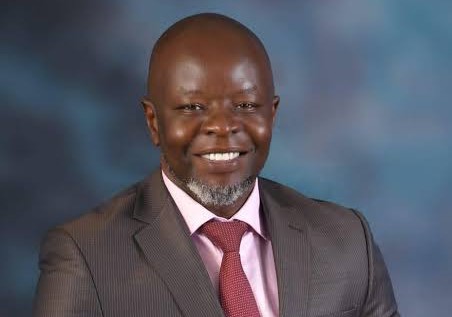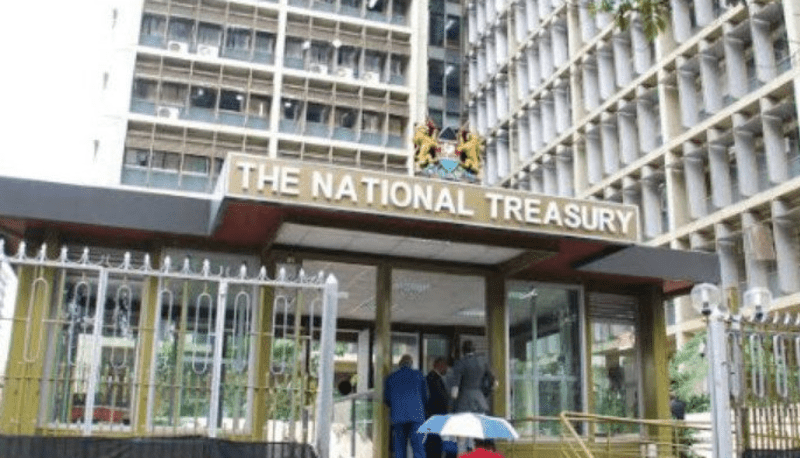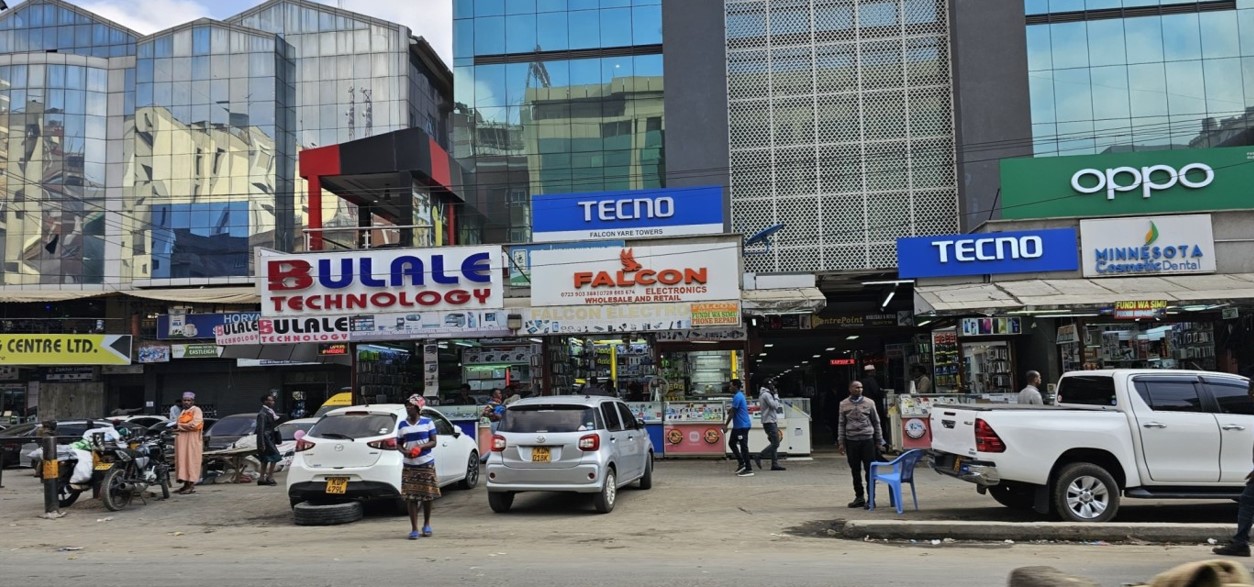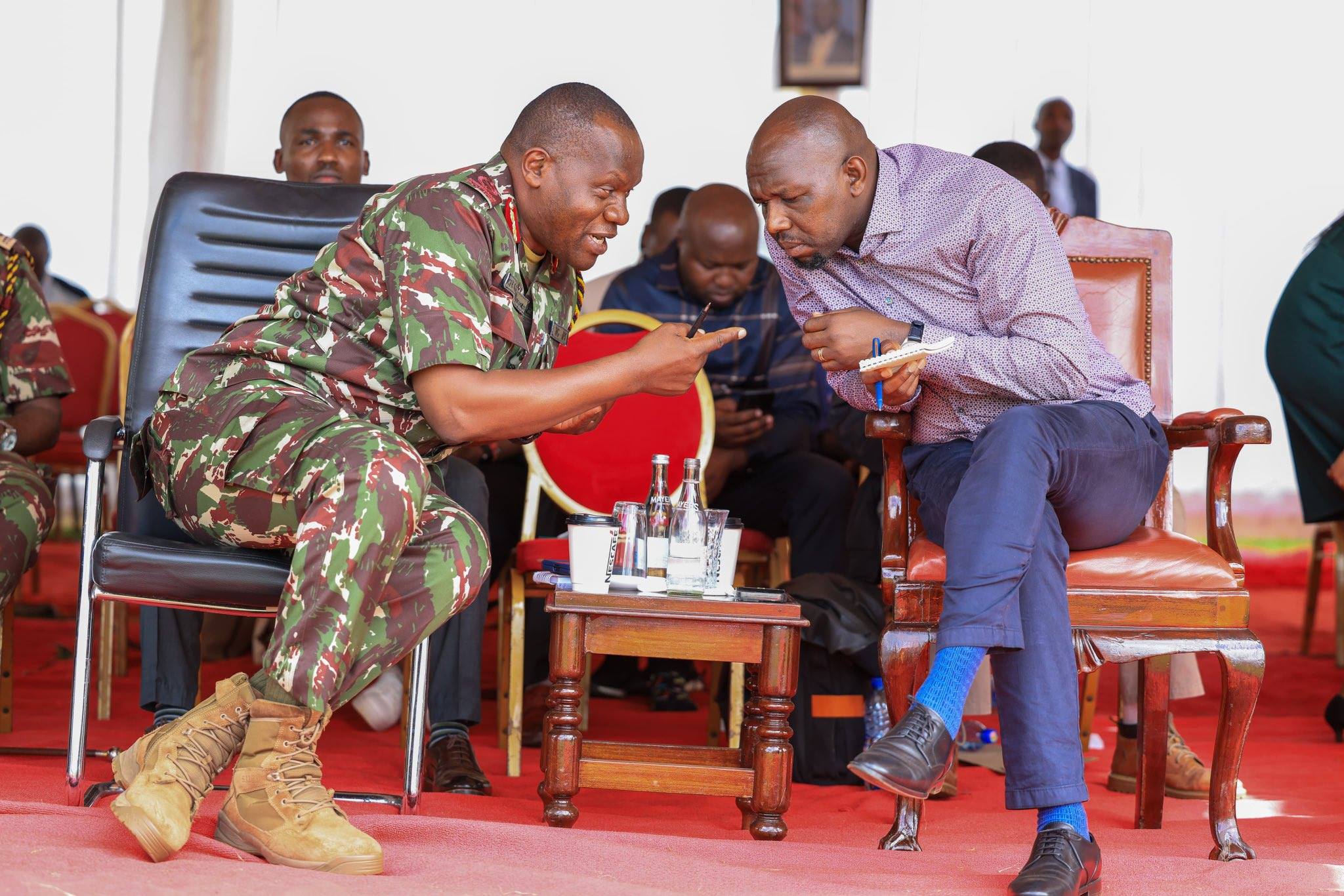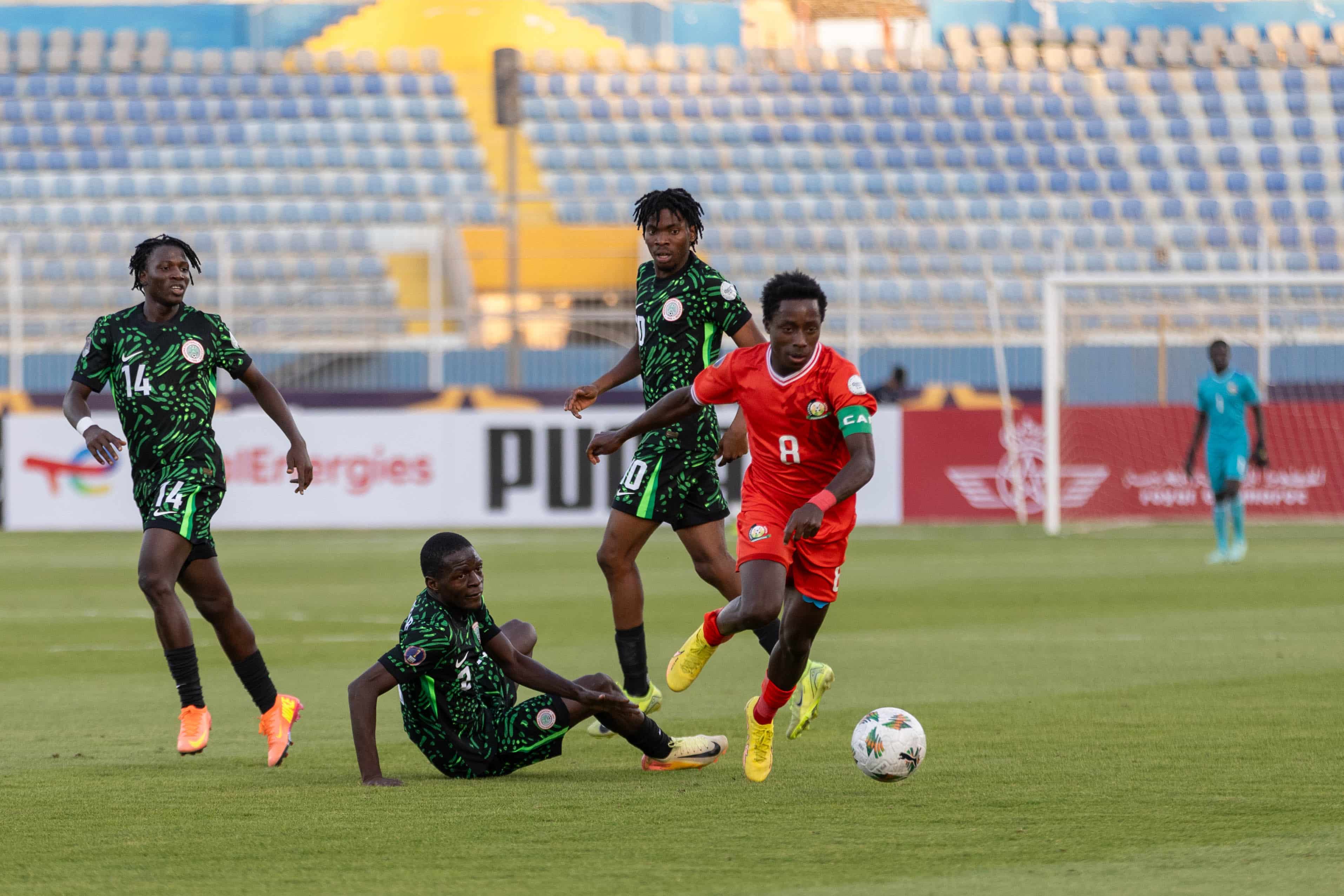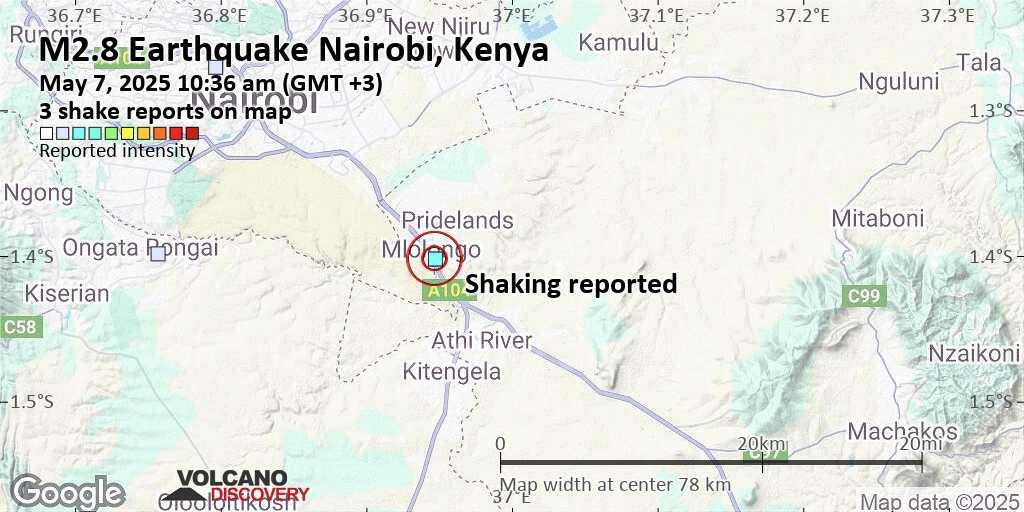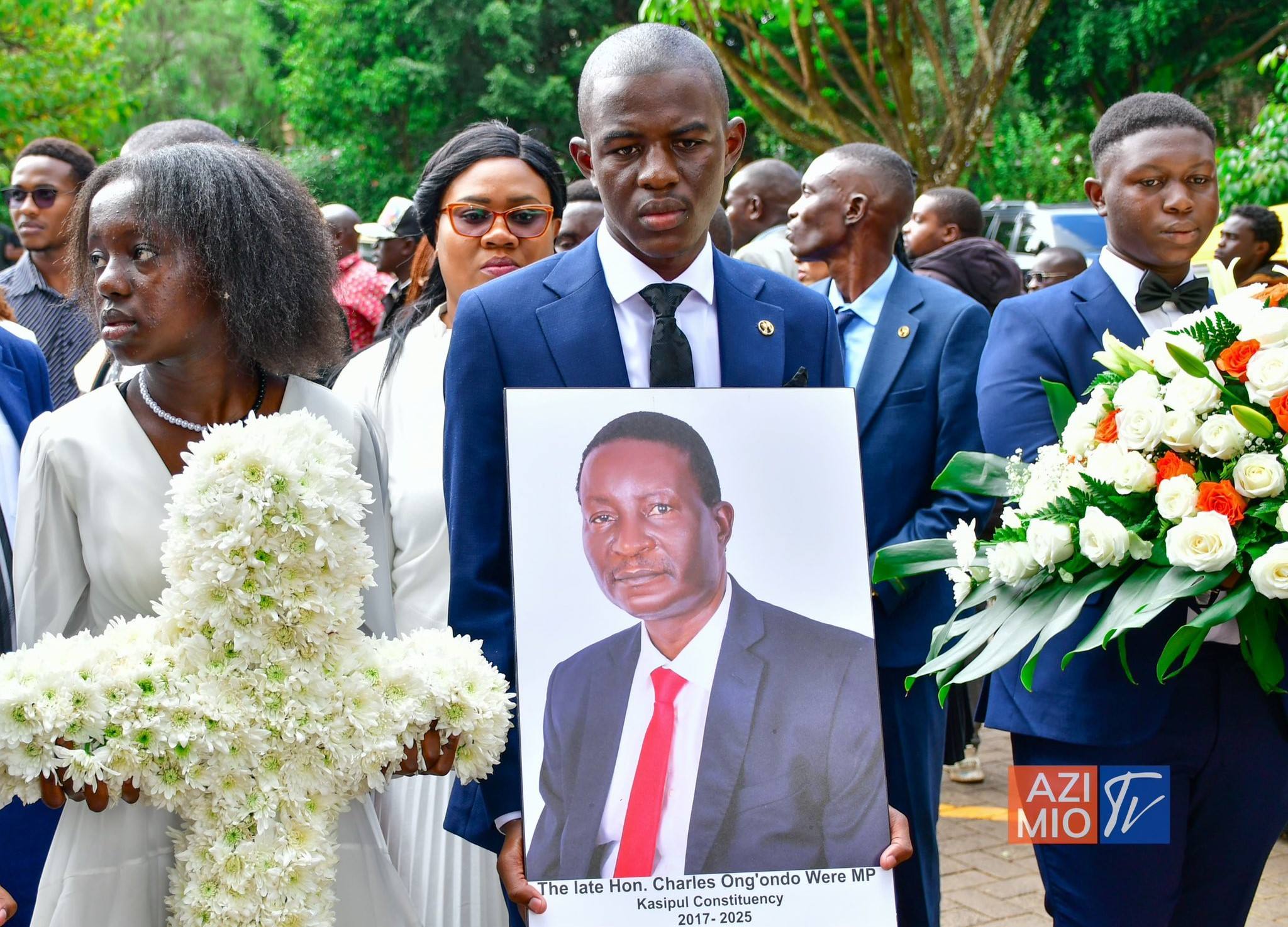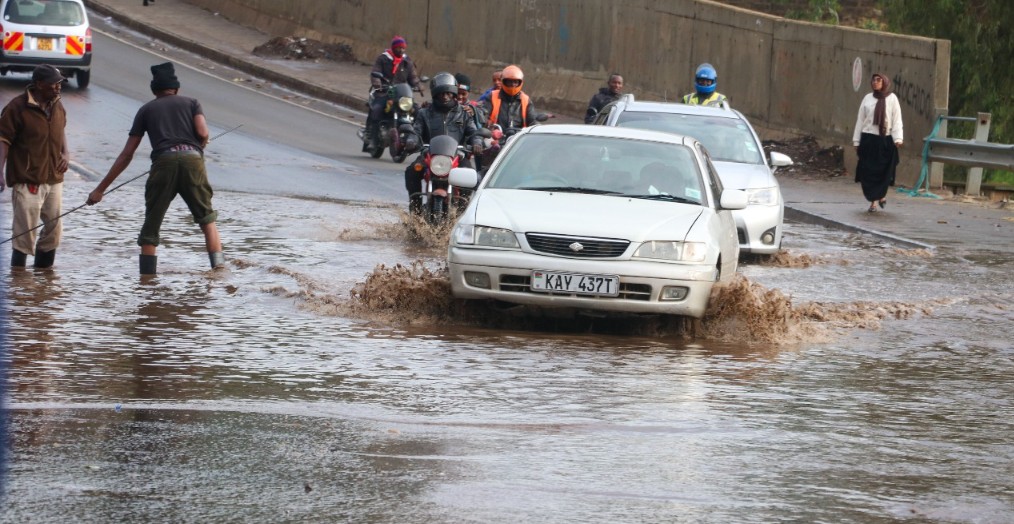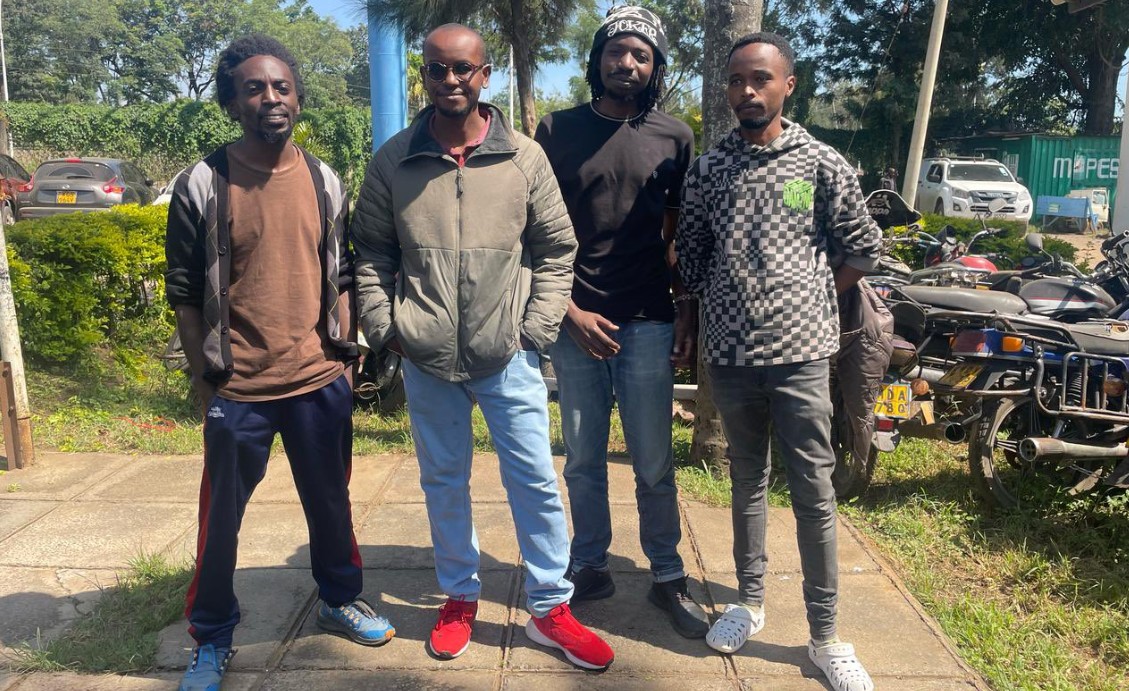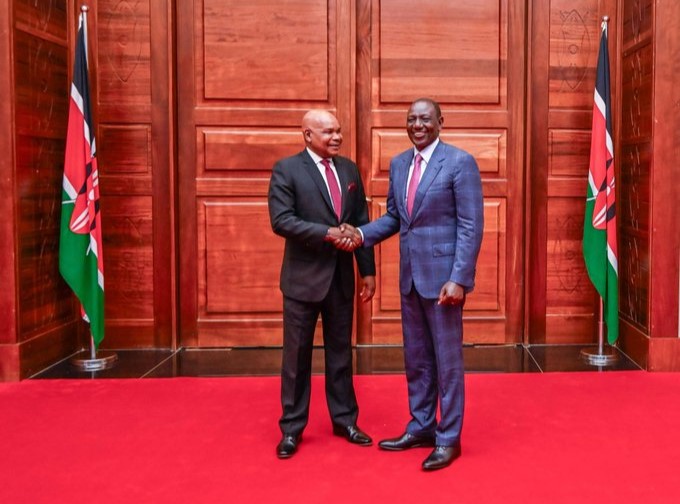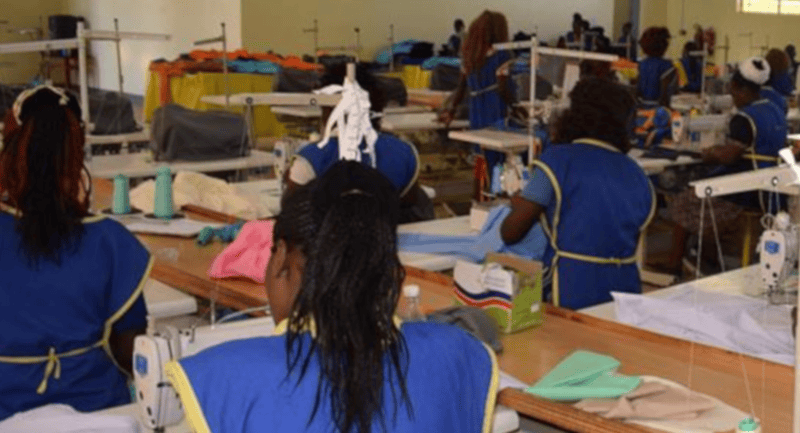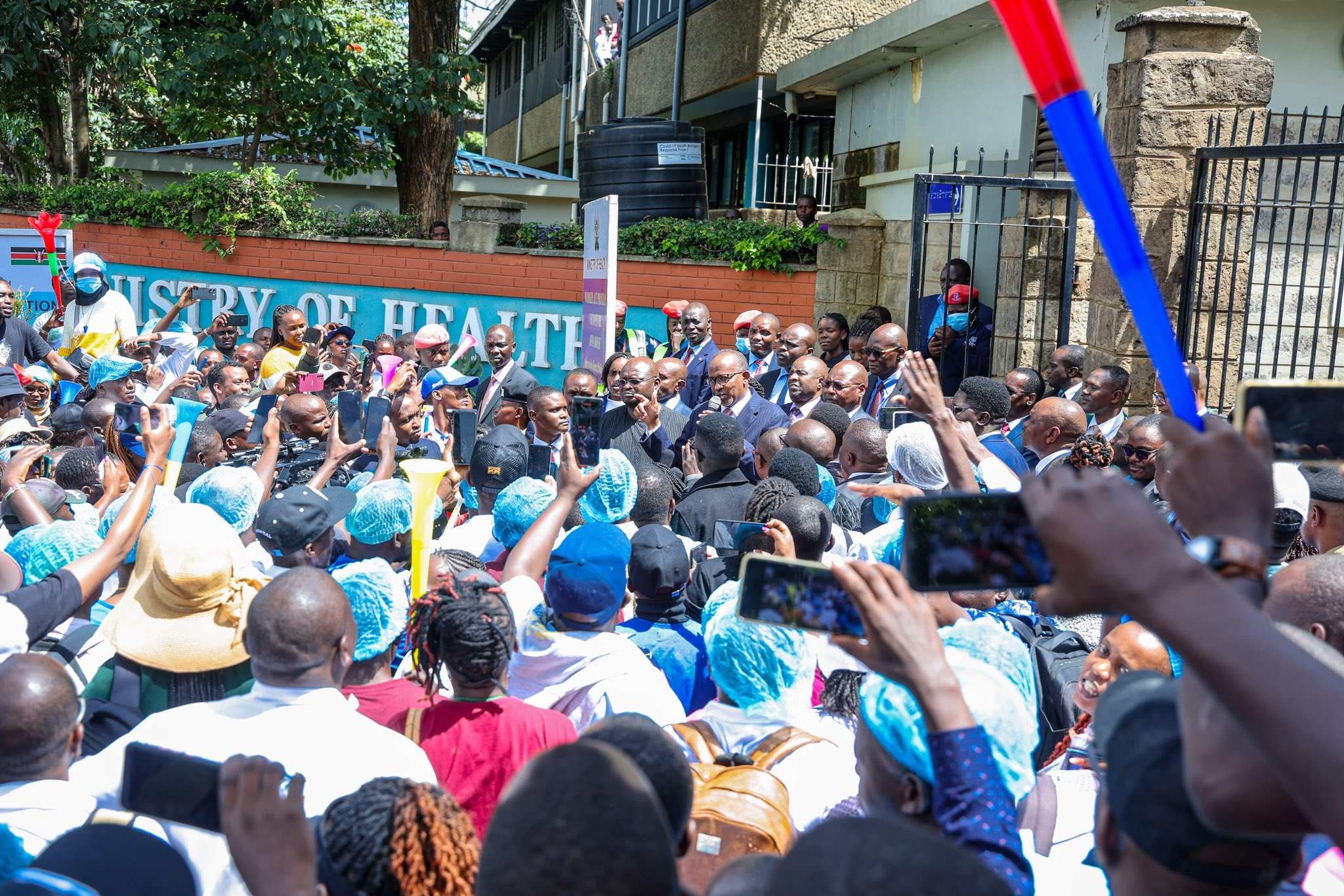Dadaab refugees plead for aid restoration as Trump cuts deepen crisis
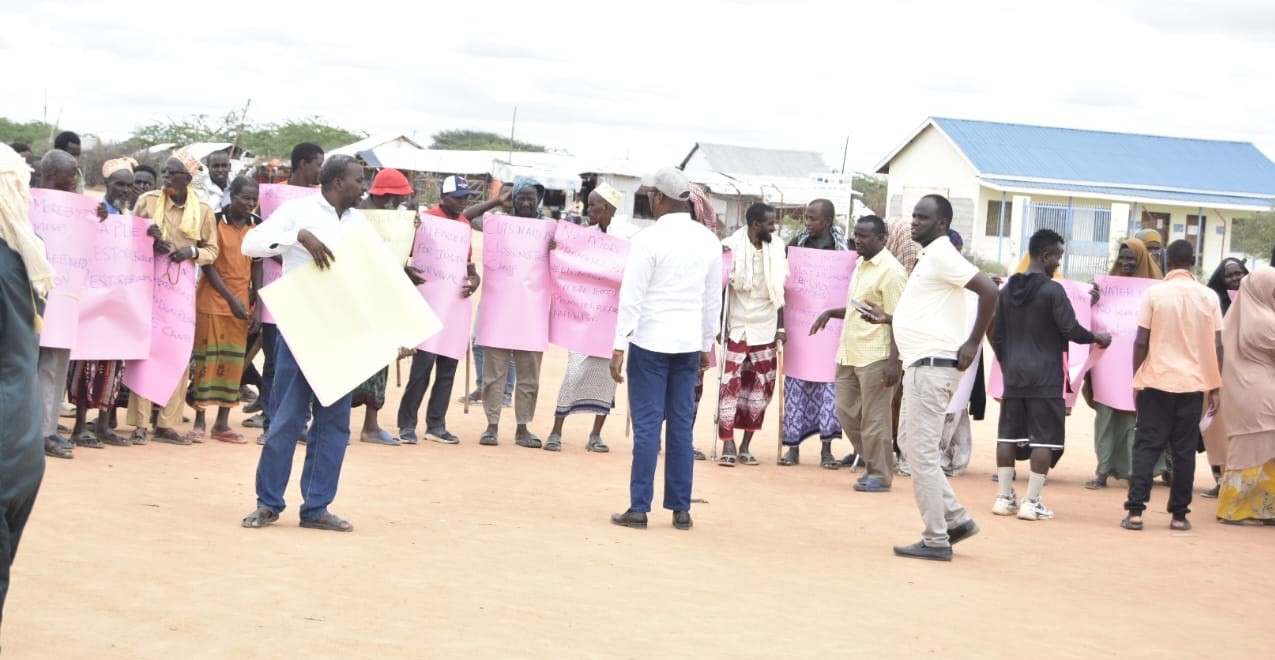
According to the UNHCR data, the Dadaab camps currently host approximately 500,000 registered refugees and asylum seekers.
Refugees in Dadaab camps have appealed for the restoration of humanitarian support before the effects of the funding cuts by US President Donald Trump take a toll on them.
According to the refugees from Ifo, Dagahley and Hagardera camps, Trump's freeze on US foreign aid, including the USAID programme, affected them badly.
More To Read
- Inside Sh39 billion new funding to boost refugees’ education in Africa
- UNHCR warns of looming health crisis for 12.8 million displaced people
- Influx of 40,000 fleeing DRC war worsens Burundi humanitarian plight, UN says
- Garissa MCAs walk out of consultation meeting on socio-economic inclusion of refugees
- Somali refugees in Dadaab fear Trump’s return will trigger new travel ban
- UN seeking land to accommodate growing refugee population
On Monday, hundreds of refugees drawn from the camps gathered at Ifo camp, where they expressed their concerns over the straining conditions they are facing as a result of the aid cut.
"Life is getting difficult, food rations are reduced, and provision of healthcare was affected as a result of the freeze on foreign aid," said Mohamed Abdille, a camp leader from Ifo.
"I have been in this camp for the past 33 years, and life has drastically changed in the camps. This is where we call home, and the recent move by President Donald Trump left thousands of refugees destitute," he said.
According to Mohamed, the future of the refugees in the camp looks bleak unless interventions are made to address the biting crisis.
Yussuf Osman, a camp leader from Dagahley, similarly expressed existing challenges that are affecting their livelihoods.
He said that for the past two months, accessing basic rights such as food, water, and healthcare has been increasingly difficult.
"The reduction in food rations, lack of enough water and proper medical care are becoming a reality. The hospital shelves are almost empty as the organisations attribute the crisis to the cut of foreign aid by President Donald Trump," he said.
He said with the rainy season on and the camps being known for disease outbreaks, the situation may get worse without intervention to restore medical care support.
"Several healthcare centres may soon shut down their operations, and cases of malnutrition are rampant in the camps. We appeal to President Trump to suspend the foreign aid freeze," he appealed.
Khalif Dubow Jelle, the chairman of Hagardera refugee camp, which has the highest population of Somali and Sudanese refugees, said humanitarian assistance in the camp is dwindling, adding that refugees are worried about the change of circumstances.
"We are witnessing a situation where the quality of education offered is drastically affected due to reduced number of teachers, reduced accessibility to basic rights reducing and many are contemplating returning to the war zones they fled from," he said.
He appealed to the international community to urgently intervene to address the biting crisis in the camps.
In early March 2025, hundreds of refugees gathered outside the United Nations compound at Kakuma Refugee Camp in Turkana County, protesting food shortages.
A peaceful protest later turned into violence as protesters began throwing stones at the UN compound, and a police response left four people injured.
The protest erupted after the World Food Programme announced a reduction in food rations due to the termination of its contract with USAID.
According to the UNHCR data, the Dadaab camps currently host approximately 500,000 registered refugees and asylum seekers.
Top Stories Today
